Six lucky breaks – including a literal break – lead to Distinguished University Professor honours for Stuart Phillips
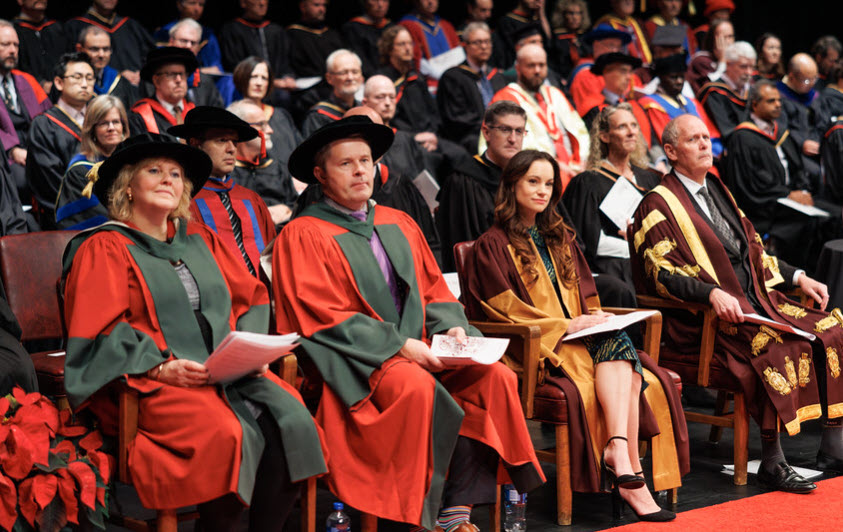
There’s no mystery about what it takes to be named a Distinguished University Professor.
It’s spelled out in a McMaster policy. Faculty must have an outstanding and sustained research record that demonstrates international impact plus a commitment to excellence in teaching and learning and a history of service that benefits the community.
So how exactly do professors pull that off?
Stuart Phillips credits a series of lucky breaks, including a literal break heading into his final year as an undergrad at McMaster.
Phillips was named a Distinguished University Professor last fall. He’s a Kinesiology professor, Tier 1 Canada Research Chair in Skeletal Muscle Health and Aging, Director of the Physical Activity Centre of Excellence and year after year is named one of the world’s most cited researchers.
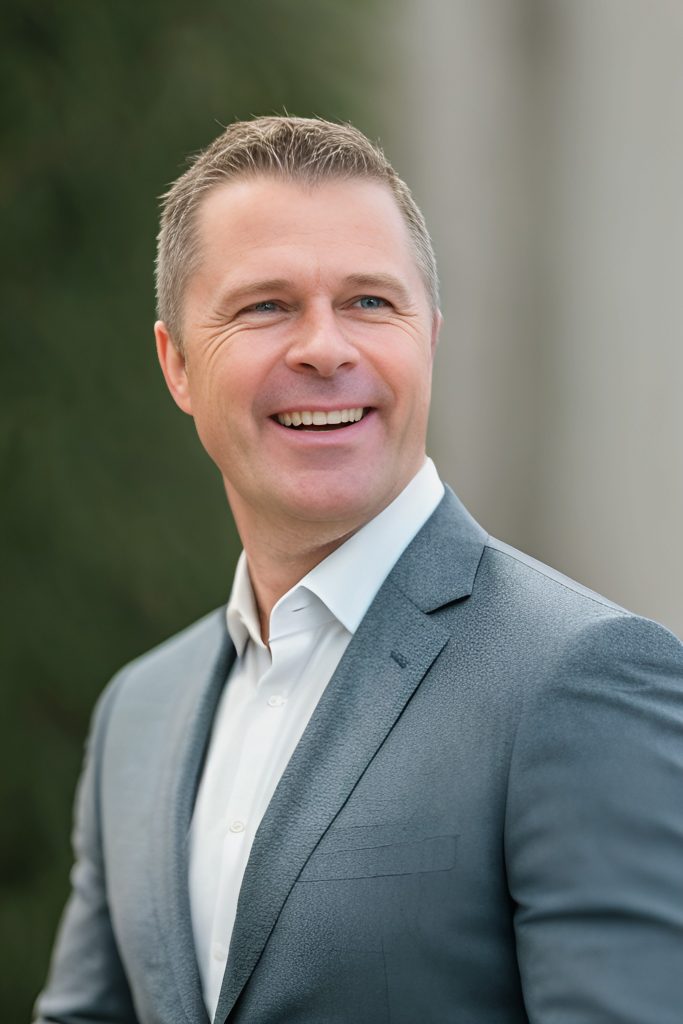 Like father, like son
Like father, like son
Phillips’ first big break is genetic. He has father’s gift of the gab. “Dad would talk to anyone about anything. He’d hold court around the dinner table, at work, at the pub and out on the street. If no one was around, he’d talk to dogs and cats.” It’s a gift that pulls Phillips through his first conference keynote conference in 1995. His former University of Waterloo supervisor is scheduled to speak but bows out and sends Phillips in his place. Phillips has to deliver a 30-minute talk in a conference hall packed with integrated physiology luminaries and legends. He’s 27 years old and one year out from finishing his PhD. Phillips calms his nerves during the long walk to the lectern by thinking of his dad. Phillips has gone on to deliver hundreds of talks and keynotes, from scientific conferences with thousands of international researchers to community events with dozens of science enthusiasts. Back on campus, Phillips now finds himself walking up to strangers and striking up conversations. “I’ve become my dad.”
The big move
Phillips, who was born in South London and raised in Wetherby near Leeds, moves to Oakville when he’s 13 years old. All these years later, he can still turn on his cockney accent. Phillips’ dad is a tradesperson who works on newspaper printing presses. The company he works for asks if he’s willing to relocate his family to Canada to take on a new job. It’s a brief conversation around the dinner table about whether to stay or go. “There was an informal caste system in the U.K. My parents knew there’d be more and better opportunities for me and my kid sister in Canada.” Phillips later works up the courage to ask his parents if he should go to university. He’d be the first in family to earn a degree. Like their transatlantic move, this isn’t up for debate. “My mum reminded me that this was the whole reason why our family came to Canada.”
The microscope
Phillips is a solid but not particularly serious student. His passion is sports and he plays them all. But a passion for science kicks in when he looks through a microscope in his Grade 9 biology class. He doesn’t remember what he looked at but he can’t forget what he thought “Science is pretty freakin’ cool.” Learning about DNA, RNA and cells is so cool that Phillips applies to McMaster’s biochemistry program. Phillips has one other epiphany at high school, this time in gym class. His teacher is a big believer in the importance of exercise, nutrition and staying healthy. Phillips will take up the cause in graduate school and make a career out of it.
The literal break
It’s the summer before his final year of undergrad and Phillips suffers a broken kneecap. He’s playing club rugby just before returning to play for McMaster. “A nasty injury,” says Phillips. His season’s over before it starts. He suddenly has lots of time on his hands. He fills it by taking on a 4th year research thesis project. Doing research doesn’t come easily and is almost as painful as his broken patella. But he’s up for the challenge and stays at it. “I liked solving problems and figuring out why something wasn’t working.” By the end of his undergrad, he’s hooked and wants to do even more research. That’s when he connects with professor Stephanie Atkinson, a leading expert in human nutrition who’s working with athletes. They’re still friends to this day. Atkinson agrees to take Phillips on as a grad student and that leads to meeting McMaster legend Mark Tarnopolsky. Atkinson and Tarnopolsky inspire Phillips to rethink his plans to go medical school. He now sets his sights on advancing the science of nutrition, exercise, performance and aging.
Hashtag science
Few faculty at Mac have more social media followers than Phillips. “Social media can be fun but it’s not for the faint of heart.” He first signs up for Twitter at a Gatorade Sport Science Institute Conference. Twitter’s just launched and the organizers challenge attendees to see who can get the most followers. It seems gimmicky but Phillips is a team player so he sets up an account. And then he forgets about it. He logs on a few years later, realizing that tweeting is one way to raise a profile and build a reputation. Other researchers and reporters take notice of what Phillips is posting. Collaborations, conference invites and interview requests follow. Phillips pivots later in his career, using social media to champion science rather than promote himself. “I’m a public servant,” says Phillips. “My salary’s paid by taxpayers. So I have a responsibility and obligation to share my research with the public.” Phillips is also quick and fearless in coming to the defense of fellow researchers who are getting trolled online by science deniers. “Like rugby, science is a team sport. You need to have each other’s backs.”
The company you keep
Phillips considers this his biggest break. Wherever he’s gone, he’s found himself surrounded by good people. Topping that very long list is the fellow PhD student he meets while at the University of Waterloo. She’s the daughter of an RCMP officer. If Phillips has his dad’s gift of the gab, Maureen MacDonald’s inherited her father’s moral compass. “It’s always pointed true North,” says Phillips, who adds his wife of 26 years also has an otherworldly work ethic and preternatural ability to achieve whatever she sets out to do. “I somehow lucked out and married the smart prom queen,” says Phillips.
His luck continues when he returns to Mac in 1998, joining a Kinesiology department loaded with talent. “Brilliant researchers and even better people” is how Phillips describes his colleagues and friends. And then there’s been the hundreds of students in his classes, research lab and the Physical Activity Centre of Excellence. “They’re the reason I keep coming to work.” When presenting at conferences, Phillips always includes group photos of the students in his lab and says the same thing. “This isn’t my work – it’s their research. I look good because of what they do.”
While Phillips is honoured to be named a Distinguished University Professor– “it’s been a surreal experience” – he wants his legacy to be about the people he’s taught, supervised, mentored and collaborated with. Phillips has bent the trajectory of a lot of lives. “I can’t tell you how proud I am when I run into former students at conferences who are now profs or working in industry. And then they can’t believe how old my kids are and I can’t get over the fact they’re now old enough to have kids.”
When looking back on his career, Phillips says it won’t be the research papers, grants, awards and honours that he’ll cherish. It’ll be all the people he met and the friendships forged.
“My dad always said you can see life as a blessing or a curse. I’ve been blessed to always find myself in the company of some pretty awesome people.”
Appointments, FacultyRelated News
News Listing
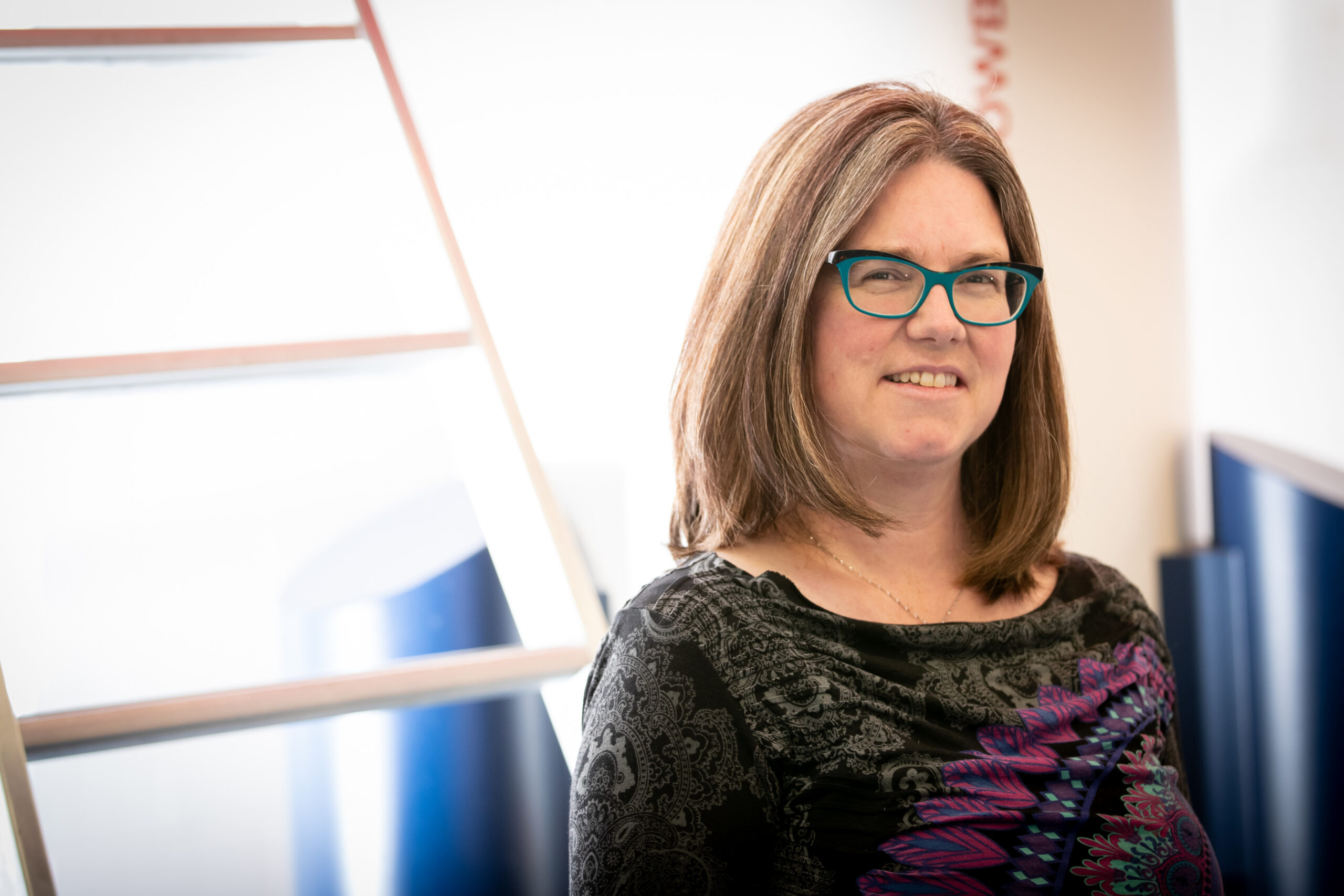
Industry partnerships power research in Energy Storage Lab
Faculty, Partnerships, Research excellence
November 5, 2024
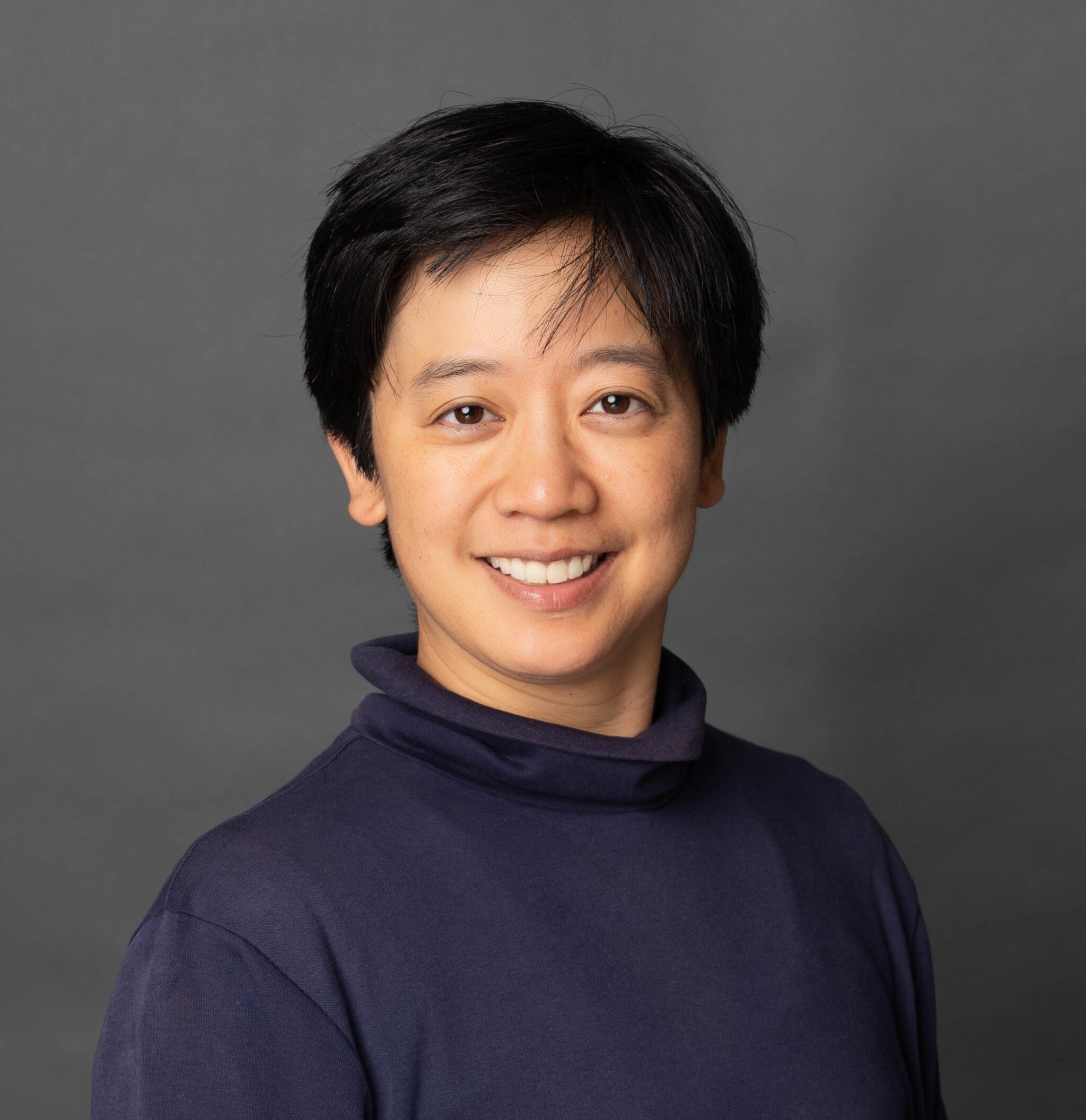
Megumi Harada one of 41 mathematical scientists from around the world to be named Fellow of the American Mathematical Society for 2025
Faculty, Research excellence, Teaching excellence
November 4, 2024
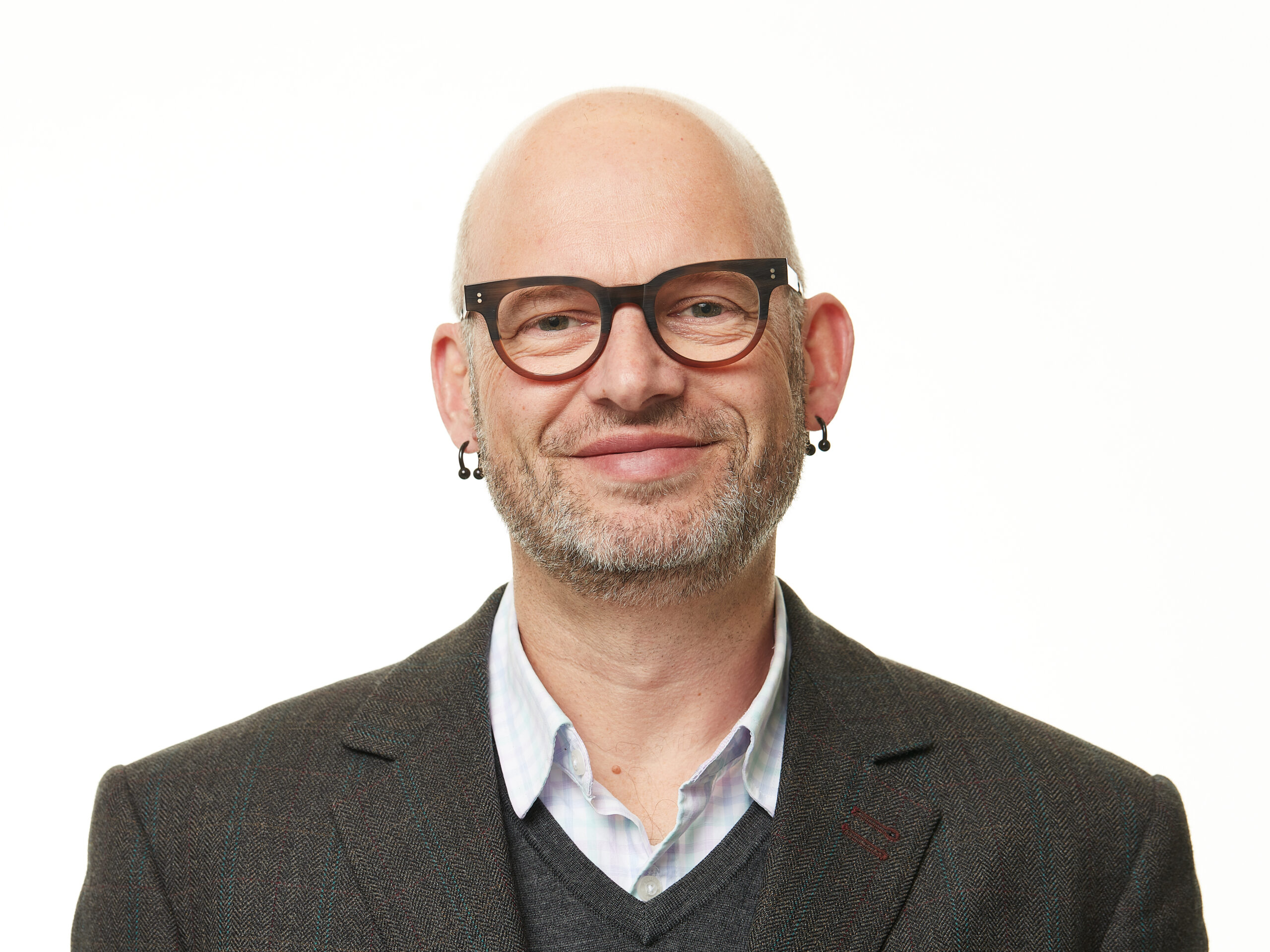
Entrepreneurship gives physics professor a whole other set of problems to solve 10 times faster
Faculty, Research excellence
October 16, 2024
